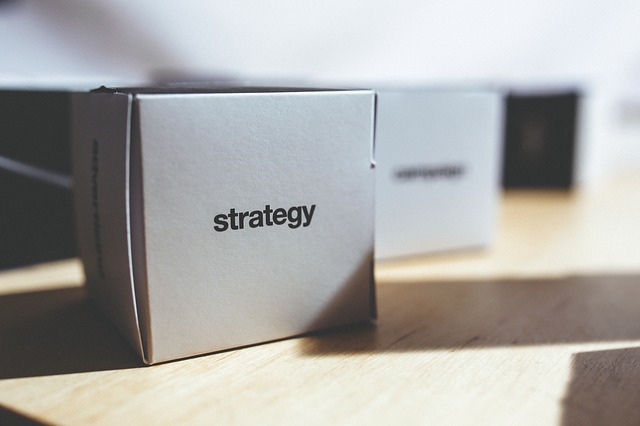Stephanie Moe, Marketing Strategy Manager, Global Business Development Dept, Bord Bia
It can seem like the most interesting marketing activity is happening in the branded business to consumer (B2C) world. The largest budgets, the most visible campaigns, the most compelling articles and case studies, not to mention the lion’s share of academic and executive education courses on marketing all highlight consumer-facing products and services. B2C is often seen as ‘real’ marketing, with Business to Business (B2B) lacking the same lustre, almost looking like its poor relation. But if B2B companies aren’t supposed to invest in building a brand then why are the likes of Accenture, Intel and Oracle very visibly doing so, and delivering growth outperforming many of the best-known consumer brands? Clearly they see the value in developing and implementing a marketing strategy to deliver future growth.
In reality, the principles are the same. Whether B2B or B2C, a company needs to make well-informed choices that will deliver future growth for the business and put the resources behind them to optimise success. Just because they may be less visible doesn’t mean that B2B companies shouldn’t do this… if anything it probably makes it even more important to spend time on careful strategy development. In B2B, buying decisions can often be made for a longer period, so developing a deep understanding of the customer needs upfront can be well worth the investment. As with B2C marketing, we want the buyer to choose our product over that of our competitor so we need to create a value proposition that is relevant and compelling for the buyer or buying team. In a 2019 WARC article, Professor Malcolm McDonald of CIM described the job of B2B marketers as being “to prove that dealing with you will create an advantage for your customer, not merely help them to avoid disadvantage”. A B2B supplier needs to adopt storytelling to help a potential customer see the advantage of sourcing their product over that of a competitor ….and that takes careful thought and planning.
Over time it is important to develop loyalty and trust with a B2B customer and to optimise the customer experience and in so doing, convincing them that this can be a long-term partnership. A rewarding B2B relationship is all about trust and connection. Showing that we understand the customer needs and actively responding to these, for mutual benefit, can contribute towards a rewarding relationship that can pay huge dividends. With big opportunities in play for Irish food companies in B2B – whether it be in ingredients to manufacturing or food service, or in finished products as Private Label or retail –it really is worth investing the time in making sure that your business is maximising the opportunities in a strategic way.
Bord Bia supports companies across the food and drink industry with their Marketing Strategy Development and Implementation. Our approach is equally applicable to a company operating in either B2B or B2C. We invite Bord Bia clients to engage with their Sector Manager or a member of our Marketing Strategy team to find out about the next Commercial Marketing Strategy workshop open to your company. Full information on the framework we have developed is also available to all on www.plantogrow.ie
Source articles:
WARC –How to Create A B2B Marketing Strategy – Vincent Rousselet, ITSMA.Com –WARC Best Practice, June 2019
The Power Of B2B Branded Content – Jack Dyson, Global Head of Content Strategy, SAP Customer Experience on the Festival of Marketing Blog, 27 Sep 2019






